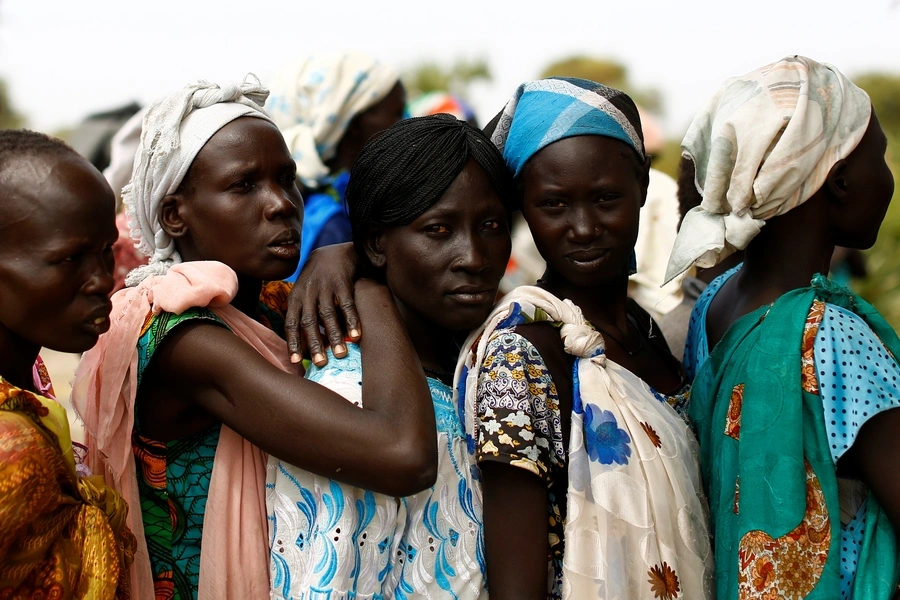Why #JusticeForNoura Matters

Voices from the Field features contributions from scholars and practitioners highlighting new research, thinking, and approaches to development challenges. This article is authored by Laurie Adams, Chief Executive Officer of Women for Women International.
Three weeks ago, Sudanese 19-year-old Noura Hussein was sentenced to death for fatally stabbing the man who raped her. Her legal team appealed the decision, arguing that “Noura was a victim of child marriage, forced marriage, rape and denial of justice”; the Sudanese government, however, can still deny the appeal. An online campaign, #JusticeForNoura, has brought international attention to her case, and to Sudanese laws that allow child marriage and marital rape. In order for the campaign to succeed, leaders around the world must join activists in condemning the sentencing and demand justice for Noura.
More on:
Noura’s rapist was her husband, whom she had been forced to marry by her family when she was only 16. She tried to run away, but her family forced her to return. When she refused sex, her husband’s family members held her down while he raped her. In Sudan, this violation of Noura’s consent is not considered rape because she was married. When Noura’s husband tried to rape her again the following day, she grabbed a knife to protect herself. A struggle ensued, and her husband received fatal wounds and died while Noura escaped. Now she is facing a death sentence.
Noura Hussein is a survivor of rape and psychological and physical abuse. The fact that she has been sentenced to death for defending herself is a wrenching example of injustice. The international community must do more to prevent a situation like Noura’s from happening again, and to support the Nouras of our world in rebuilding their lives when it does.
At Women for Women International, we mobilize support for women survivors of war and violence. We know from our work in conflict-affected countries, like Sudan, that rape is used as a weapon of war—and as a form of control within households and communities. In Rwanda, up to 500,000 women were raped during 100 days of conflict, and violence against women remains endemic. In Bosnia, women’s bodies were used as an extension of the battlefield. In the Democratic Republic of the Congo, 57 percent of women are survivors of rape. War is not the only context in which women’s bodies are used as a battleground. Women’s bodies and lives are often used as pawns among powerful men and ethnic and religious groups, and women like Noura pay dearly for this injustice.
Women speaking out together around world are bringing change – for example, strengthening the penalties for rape in India; achieving recognition and compensation for the survivors of rape and torture from the war in Kosovo; and opening up about experiences of sexual abuse, like Haitian comedian Gaëlle Bien-Aimé who sparked a conversation about assault across the Caribbean. That’s what we need right now for Noura—and all women.
Through my work with Women for Women International, the women I have met have had the courage to stand up, the resilience to keep going and the power to rebuild. With the support of those who join us, we help women rebuild their lives when they have been torn apart by conflict and violence. With a combination of practical and moral support ranging from training to psychosocial support, women in our program are able to stand on their own two feet again.
More on:
Now is the time to stand up to this injustice and take action to help all women survivors of violence – whether that be intimate partner violence, or the violence of war – rebuild their lives.
 Online Store
Online Store